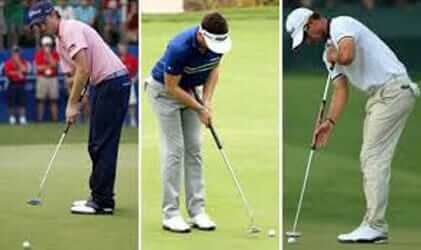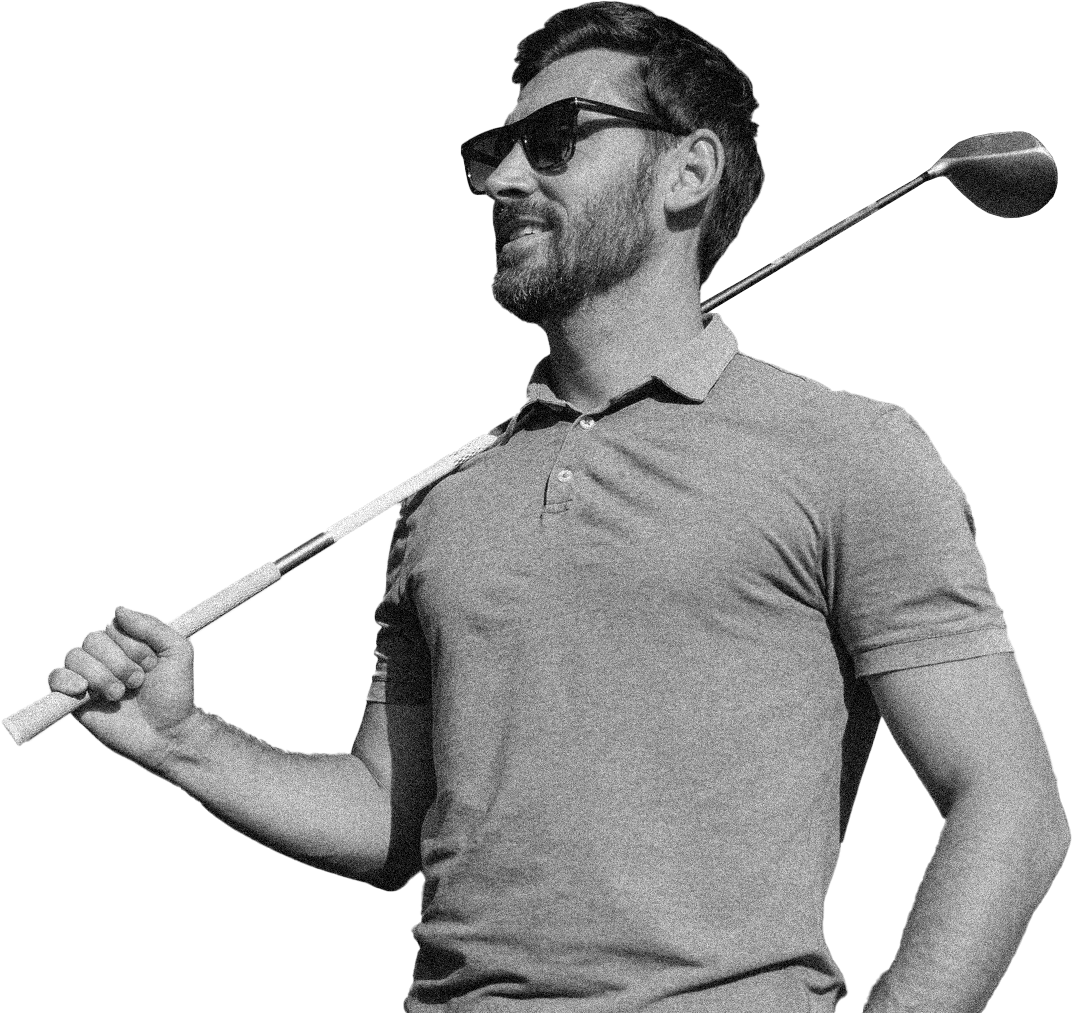Golfers scour socials for tips, splash cash on the latest driver, yet their handicap sticks like glue. Sound familiar? You’re not alone — most players who walk into golf schools in Orlando, Florida, confess they’ve tried every quick fix except the hardest one: looking in the mirror.
At John Hughes Golf, we’ve learned that honest, consistent self-review beats any gadget. Here’s how owning every swing, miss, and mindset shift sparks progress you can measure on the card and in life.
Stop Blaming the Equipment
We love shiny gear too, but clubs only amplify the swing you already own. When a student blames mishits on a stiff shaft or “dead” grips, we pull up slow-motion video and data from our launch monitor.
Numbers never duck responsibility. A face-to-path error or steep attack angle, not the club, usually explains that banana ball. Accepting this truth frees you to work fundamentals instead of hunting retail therapy.
Every Shot Tells a Story — Listen Up
A windy day, a tight lie, a phone buzz during the backswing. Excuses feel comforting, yet each one delays improvement. Our post-round reviews start with a simple question: What did you learn from that shot?
Students keep a short notebook on the cart, jotting neutral facts — club, target, strike feel, outcome. Writing the story of the shot makes patterns pop and excuses fade. We add those notes to the Skillest app so you and your coach can spot trends between sessions.
Saying “I’m Sorry” After a Bad Round
Beating yourself up after a triple bogey only hard-wires tension. Instead, practice the two-step reset: acknowledge the mistake (“I got quick at the top”), then apologize — to yourself.
That tiny ritual lowers the emotional temperature and keeps the next swing free from baggage. Personal accountability isn’t self-loathing; it’s self-respect.
Embrace Feedback — Even the Tough Stuff
The best athletes beg for the critique nobody else will give. During lessons we film swings from two angles and stack them beside PGA Tour benchmarks. Students watch in real time, then answer, “What can I do better?”.
Owning the diagnosis turns our feedback loop into collaboration rather than lecture. That mindset difference accelerates change far more than praise alone. It’s why many graduates call us one of the most honest golf schools in Orlando, Florida — we measure, we show, and we expect you to act.
Are You Avoiding the Hard Stuff?
Most players pound driver on the range because it feels good. Meanwhile, neglected wedge control leaks five shots per round. We design practice plans that load extra reps on weaknesses: bunker escapes, downhill lies, pressure putts.
Accountability means logging practice minutes and reporting back. Missed your targets this week? No shame — just adjust next week’s schedule and stick to it.
Turn Stats Into Change

Scorecards hold subtler clues than you think. How many missed greens came up short? How many drives missed right? We track strokes-gained data for private-lesson clients and review it monthly.
Specific numbers take blame off luck and put it on habits you can fix. Seeing approach-shot distance gaps tighten from twenty yards to ten is pure fuel to keep grinding.
Trust the Process, Own the Results
Real growth rarely travels in straight lines. Expect plateaus, maybe a slump, before breakthroughs. Students who commit to our 12-month Improvement Plan often dip a stroke or two before shaving five.
Staying accountable through that valley separates achievers from wanderers. Remember: quick fixes fade; a measured plan backed by action sticks for life.
Are You Coaching Yourself Out of Progress?
Self-talk can undermine weeks of coaching. We teach players to recognize the moment an old tip pops into mind mid-swing. Pause, reset, return to the single swing key you and your coach chose. That discipline keeps your brain from hijacking the body with last-minute tweaks.
How Golf Shapes Character Beyond the Course
Calling a penalty on yourself, playing the ball as it lies, shaking hands after defeat — these small acts train integrity muscles you’ll flex at work and home.
Clients tell us that learning to own a snap-hook without excuse helps them accept workplace mistakes faster, apologize sooner, and move forward stronger.
Build a Circle That Holds You Accountable

Our on-course coaching days pair like-minded golfers who crave candid feedback. Group challenges — up-and-down contests, three-club scrambles — add friendly stakes and sharpen focus. Surround yourself with partners who track progress, celebrate wins, and call you out when you skip drills.
What’s Your Post-Round Reflection Ritual?
Try this three-part review before the car leaves the lot:
- Mental check: Did focus fade or stay sharp?
- Physical scan: Any tension or fatigue cues to address?
- Strategic note: One decision you’d repeat, one you’d change.
Drop those notes into your Skillest log, and next lesson we’ll turn reflection into a concrete action step.
Ready to Own Your Game?
Personal accountability is the secret ingredient that turns wishful thinking into scoreboard reality. If you’re searching for golf schools in Orlando, Florida that partner with you on that journey, we’re ready.
Contact us to design a plan that fits your goals, your schedule, and your commitment to real, measurable improvement.






